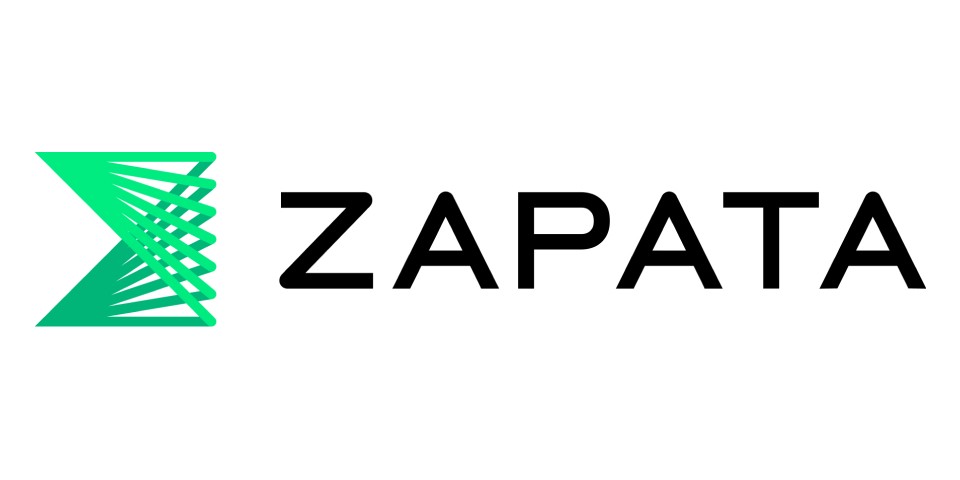Consolidation coming to quantum? Zapata thinks so…

As the quantum technology sector eyes expectations for 2023, Zapata Computing is among those predicting that ecosystem consolidation will be in the mix.
“We expect there to be more consolidation in the market in 2023 as part of the natural flow and rhythm of enterprise software,” said Christopher Savoie, CEO and co-founder of Zapata Computing, and Gregg Carman, Chief Commercial Officer at Zapata, in a statement. “We’re seeing more startups enter the market, which is a good sign – that means there’s a growing market opportunity. Consolidation will likely happen in software, post-quantum cybersecurity and even vertical applications like pharma and banking. With all of these new, expected players in the ecosystem, the bar is higher for bringing something unique and innovative to the table. But that also means there are opportunities for collaboration and integration to exceed the bar.”
Speaking of post-quantum cybersecurity, which already is a hot topic as 2022 draws to a close, Yudong Cao, Zapata CTO and co-founder, and Jay Liu, Zapata VP of Product, stated, “In 2023, a top priority for enterprises should be addressing post-quantum cybersecurity. This includes near-term threats posed by heuristic algorithms, such as variational quantum factoring, running on soon available NISQ devices in addition to potential threats from more powerful quantum computers in the not-too-distant future. This is hard, complex work, and enterprises need to start planning for these threats now to ensure they are as protected as possible. This preparation includes understanding where there are potential vulnerabilities, evaluating the current infrastructure, and testing quantum decryption methods. If they are not sure where to start, or how to validate any of their testing, we recommend they consult with experts in the quantum industry.”
Savoie and Carman also commented that more enterprises are starting to take the initial steps to be ready for the quantum computing era, including getting the right infrastructure in place. Based on the conversations we’re having with enterprises globally, it’s clear that most are now including quantum computing in their budgets, demonstrating that this message is resonating,” they stated. “Further, it’s important for enterprises to understand that the near-term advantages will come from quantum-inspired techniques running on an existing infrastructure; from machine learning to tensor networks to generative AI models that can analyze data – and even generate synthetic data where needed — to compute the most optimized results that then translate into measurable business improvements.”
Dan O’Shea has covered telecommunications and related topics including semiconductors, sensors, retail systems, digital payments and quantum computing/technology for over 25 years.



















